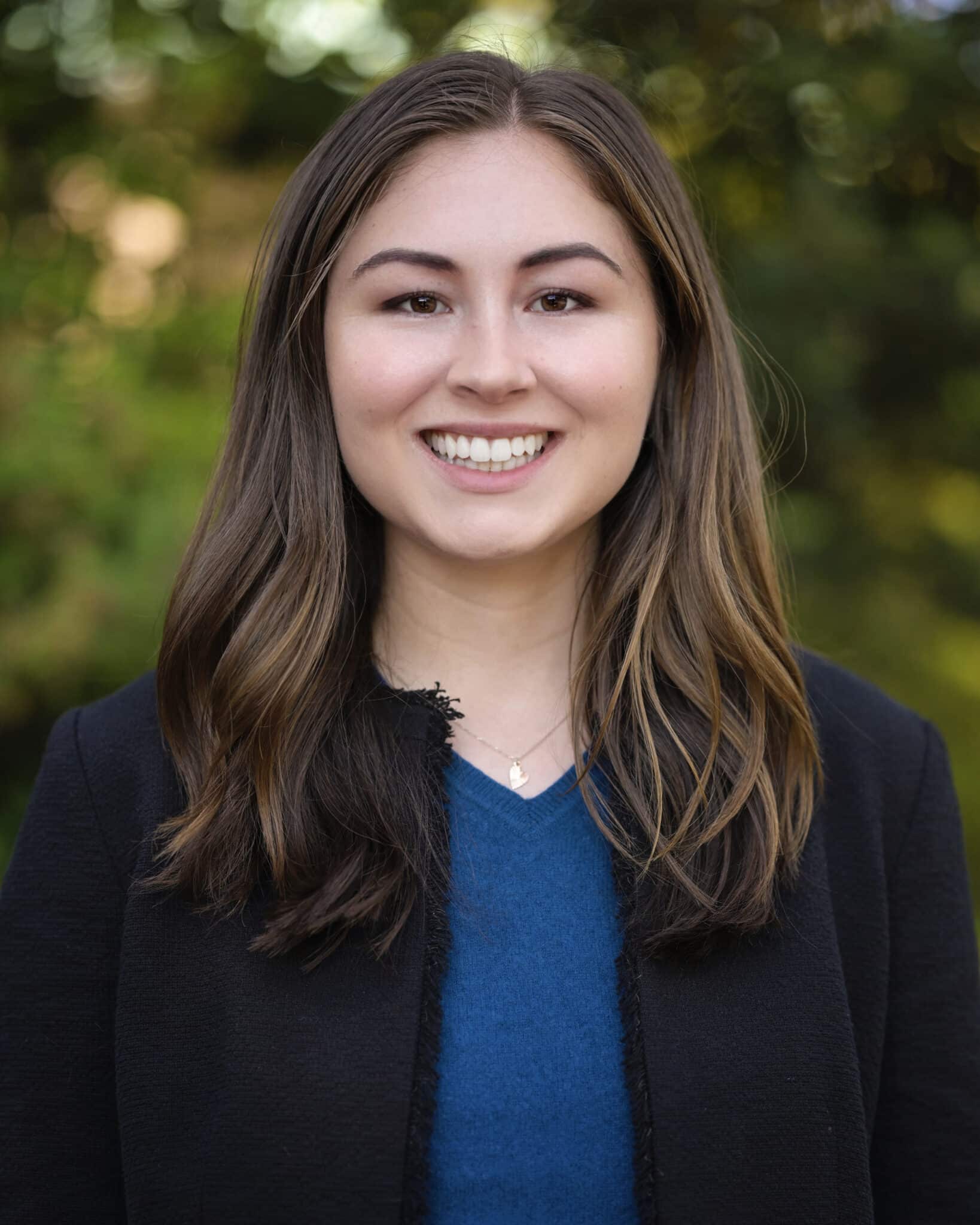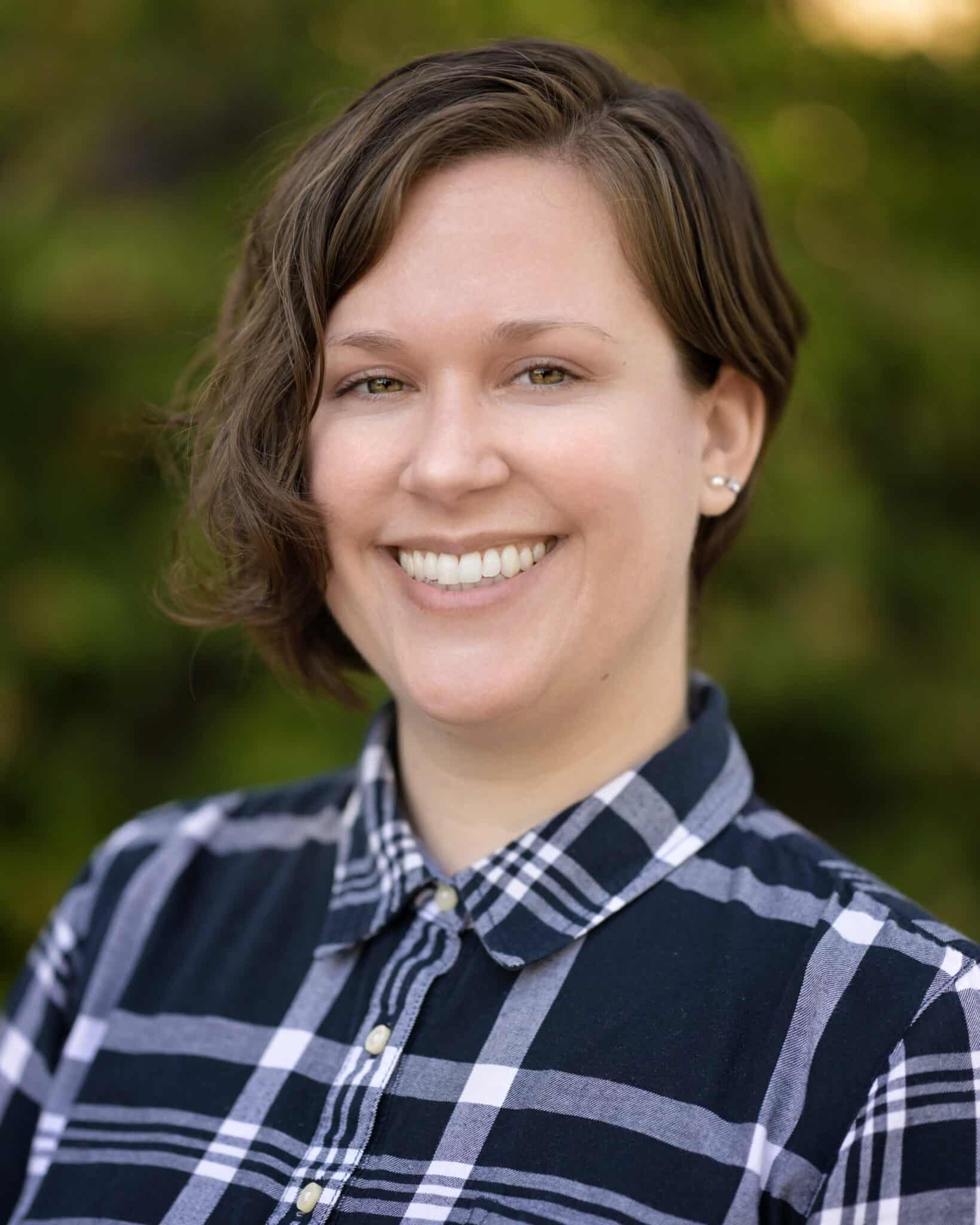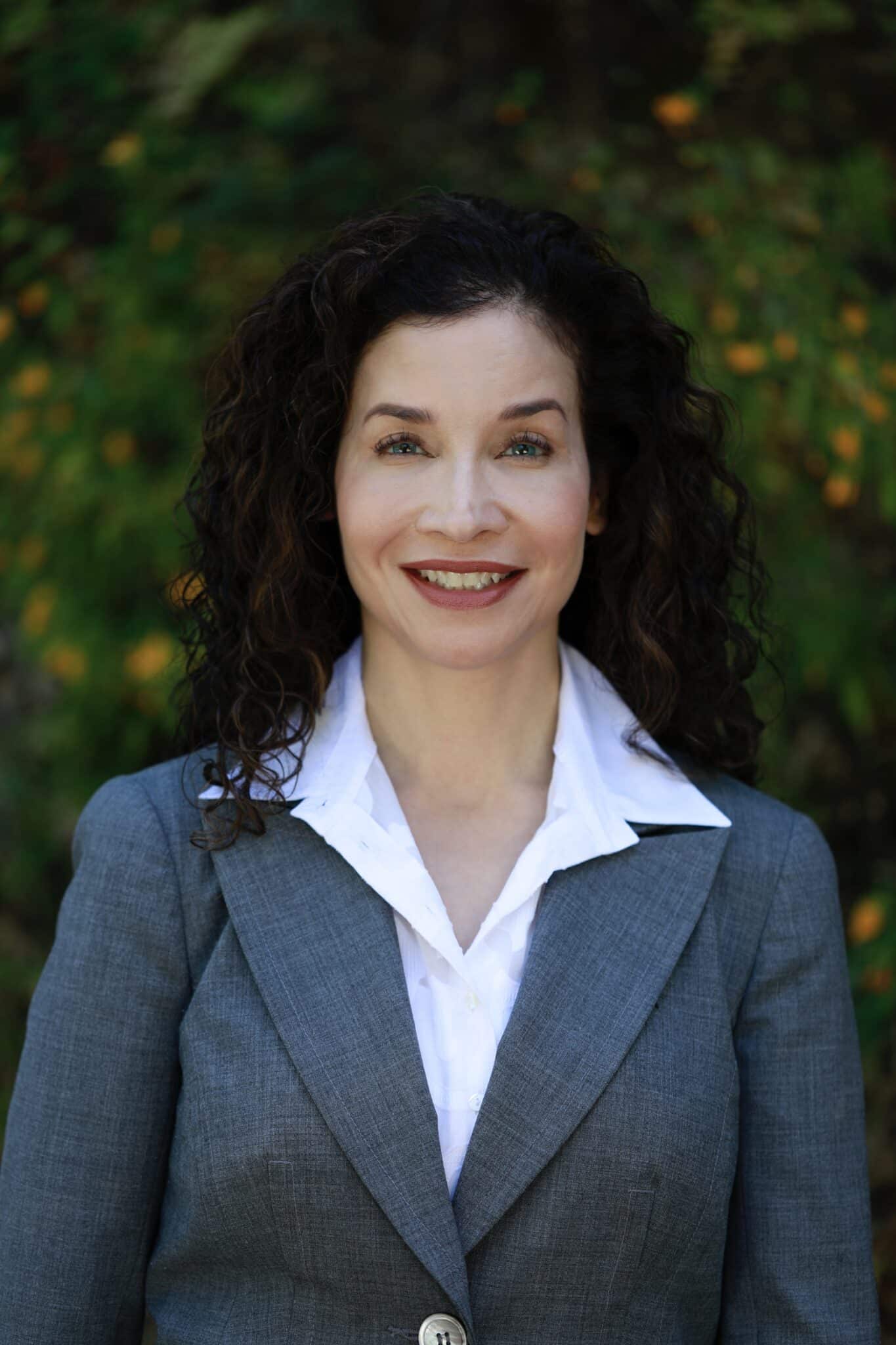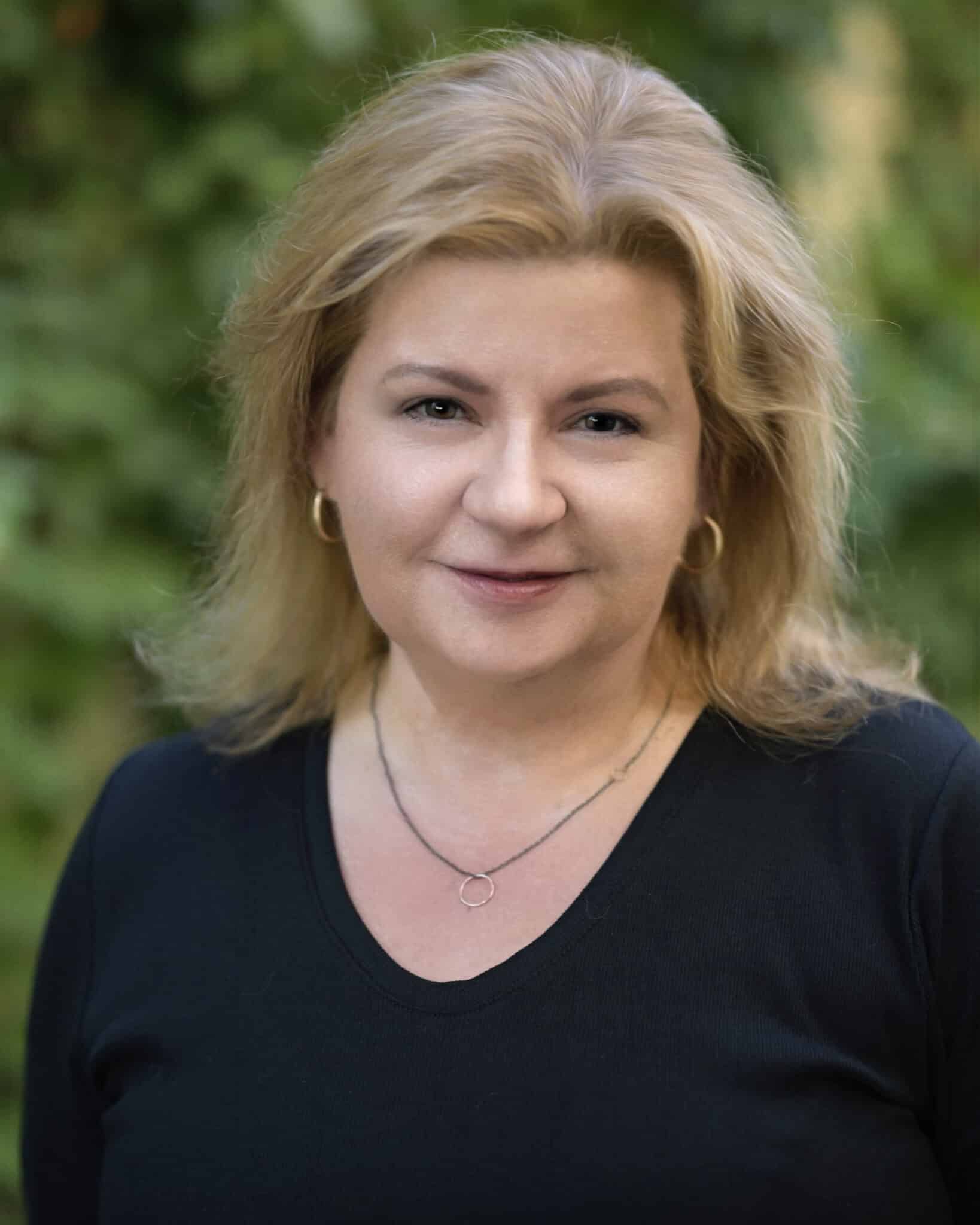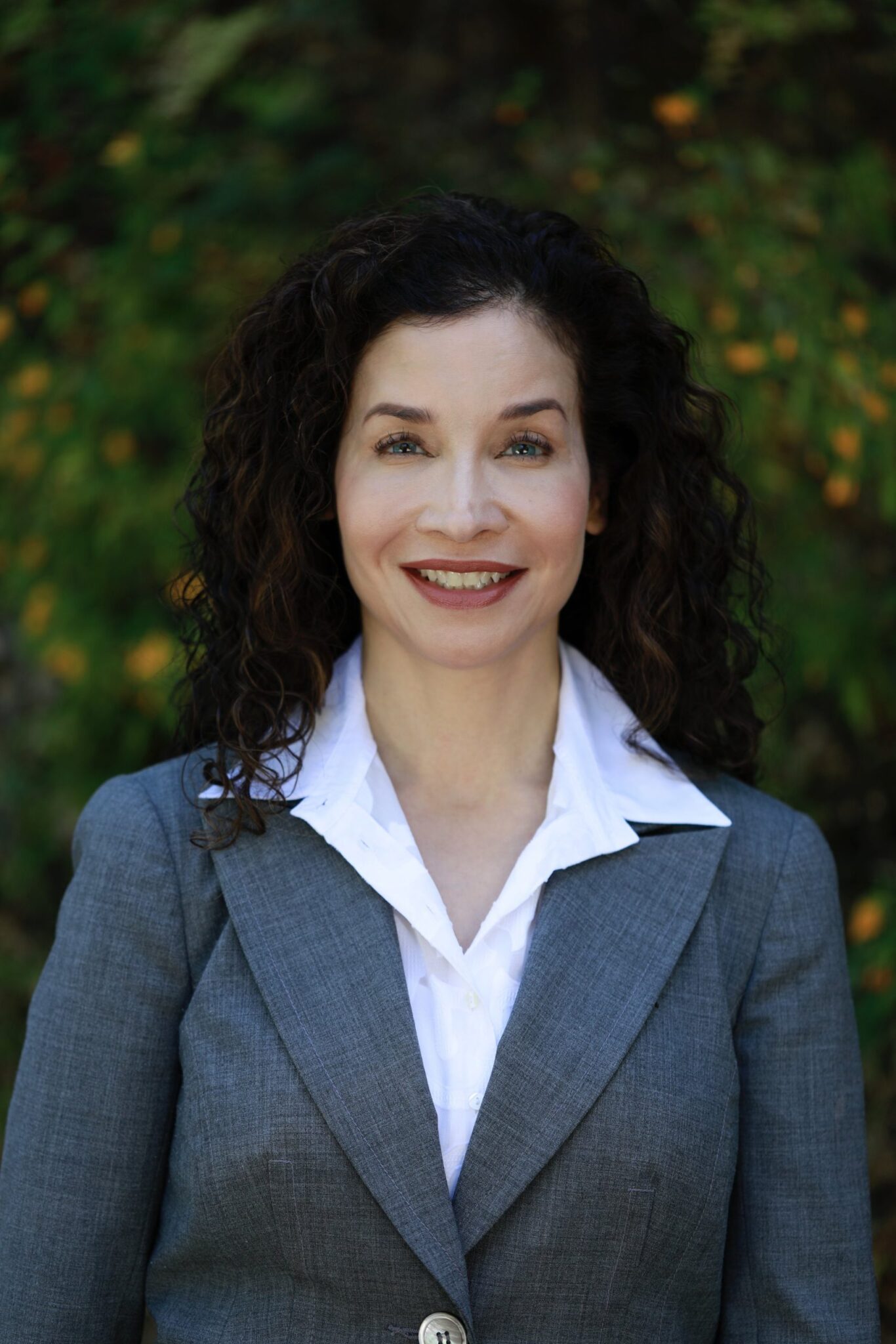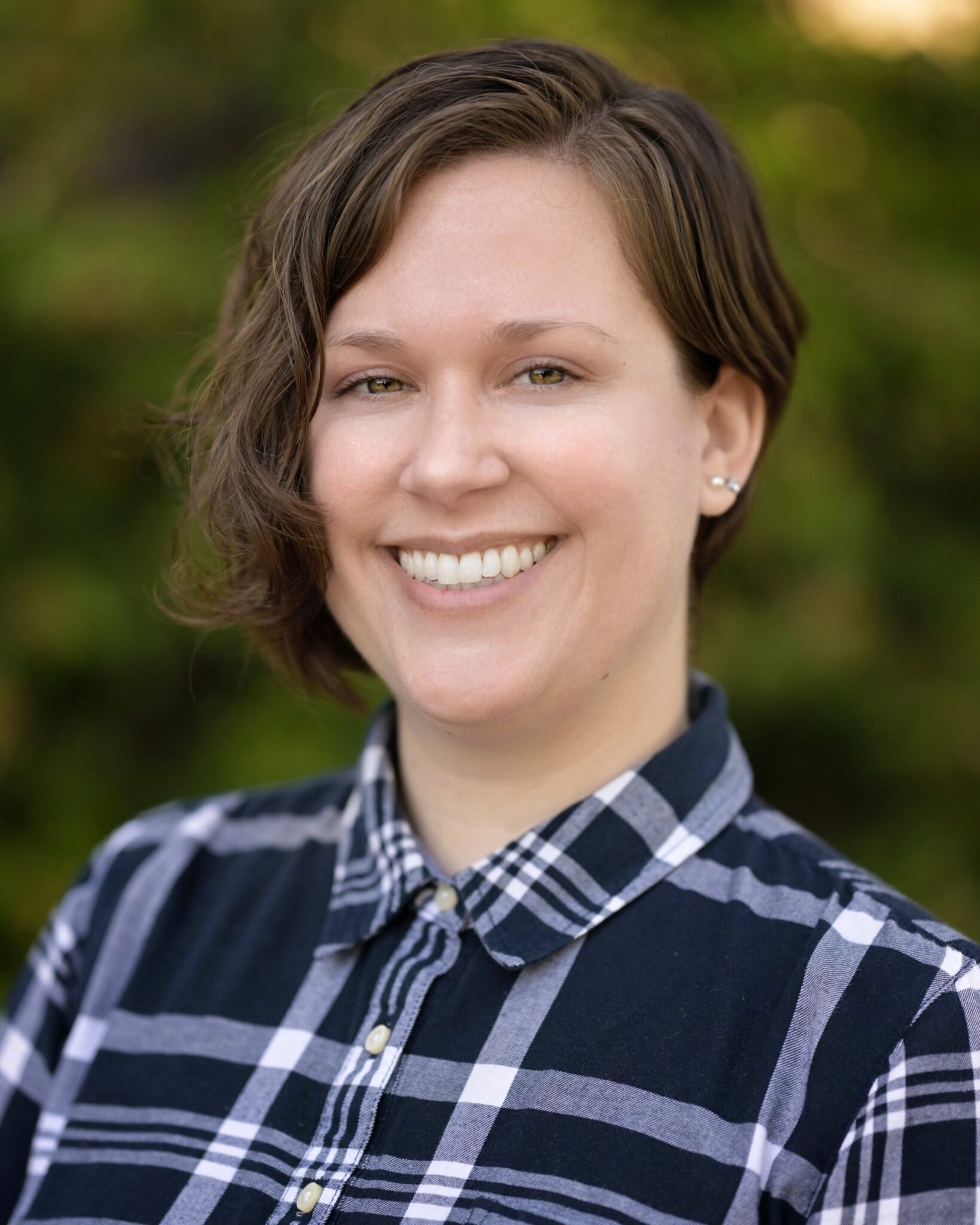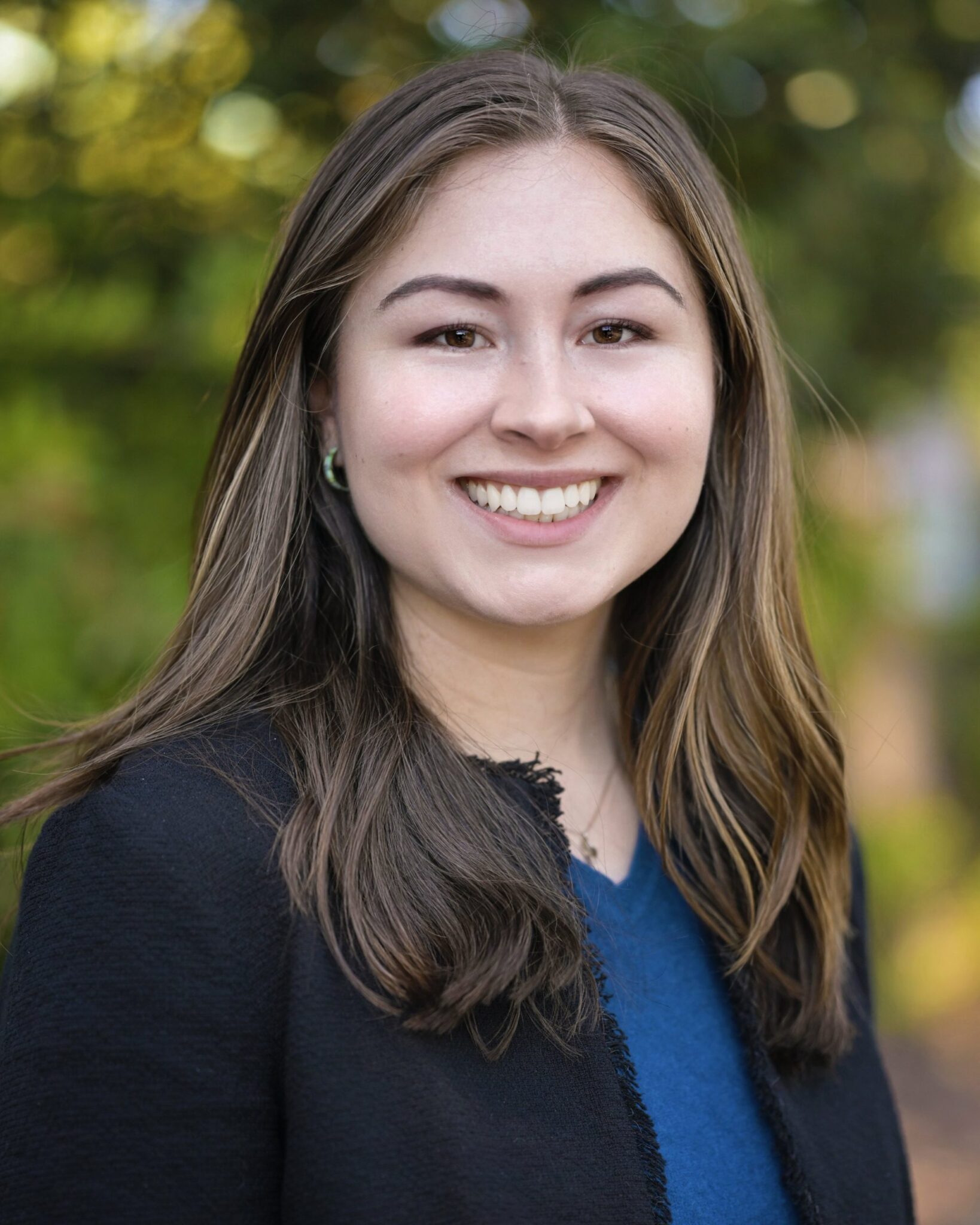Julie Vaccaro, AMFT, is an intern at the Mind Therapy Clinic.
Continue readingWelcome Emily Clark, Licensed Clinical Social Worker
Emily Clark, LCSW is a therapist at Mind Therapy Clinic.
Continue readingWelcome Rebeca Quezada, M.D.
Dr. Quezada provides medication management and psychotherapy for depressive disorders, anxiety, post-traumatic stress disorder, bipolar disorder, schizophrenia, and individuals with co-occurring mental health and substance use disorders.
Continue readingWelcome Karen Palamos, LMFT
Karen Palamos, LMFT is a ketamine-assisted psychotherapy therapist at Mind Therapy Clinic.
Continue readingWelcome Rebeca Quezada, Psychiatrist
Welcome, Dr. Quezada!
At Mind Therapy Clinic, Dr. Quezada provides medication management and/or psychotherapy in various modalities for depressive disorders, anxiety disorders, post-traumatic stress disorder, bipolar disorder, schizophrenia, and individuals with co-occurring mental health and substance use disorders.
Continue readingWelcome Emily Clark, Licensed Clinical Social Worker
Welcome Emily Clark!
Emily utilizes an integrative approach encompassing various therapeutic modalities such as Cognitive Behavioral Therapy (CBT), Dialectical Behavior Therapy (DBT), Insight-Oriented Therapy, Exposure and Response Prevention (ERP), Acceptance and Commitment Therapy (ACT), and Self-Compassion. This comprehensive approach allows her to effectively assist clients who are facing challenges related to trauma, depressive disorders, anxiety disorders, OCD, and related disorders like Body Dysmorphic Disorder and Body-Focused Repetitive Behaviors.
Welcome Julie Vaccaro, Associate Marriage and Family Therapist!
Welcome Julie Vaccaro!
In her practice, Julie uses an integrative approach to wellness, understanding clients’ presenting concerns through the lens of their early life experiences. She teaches practical coping skills using Mindfulness, Dialectical Behavioral Therapy (DBT), and Cognitive Behavioral Therapy (CBT). When working with clients, she is committed to a person-centered approach, practicing empathy and a non-judgmental stance, creating a caring and meaningful relationship with the client to facilitate further healing. In her free time, Julie enjoys traveling, hiking, cooking, and reading.
Continue readingWhat is ketamine?
We are seeking a DBT Therapist to become a part of our team of skilled clinicians.
We have an open position for a DBT Therapist!
Our clinicians have the opportunity to work in both our intensive programs and outpatient levels of care, seeing individuals, couples, or families, and facilitating groups. Our clinic is the perfect place to work if you love the interdisciplinary team-like environment, but also appreciate the independence and flexibility of private practice. We offer competitive salaries and benefits, including health insurance and paid vacation.
Our clinic is expanding, so we are looking for experienced, licensed clinicians who can bring their specialized area of interest to our team (e.g. DBT team lead, Eating Disorder specialist, experienced Family Therapist, etc).
Responsibilities
-
Provide therapy sessions both in-person and online (individual, family, and groups)
-
Cultivate professional development opportunities related to eating disorders and other mental health areas for the clinic team
-
Attend and participate in clinical team meetings
-
Respond to urgent client outreach as appropriate, based on clinical context and best practices
-
Maintain an active license to practice therapy in the state of California and supervise trainees

